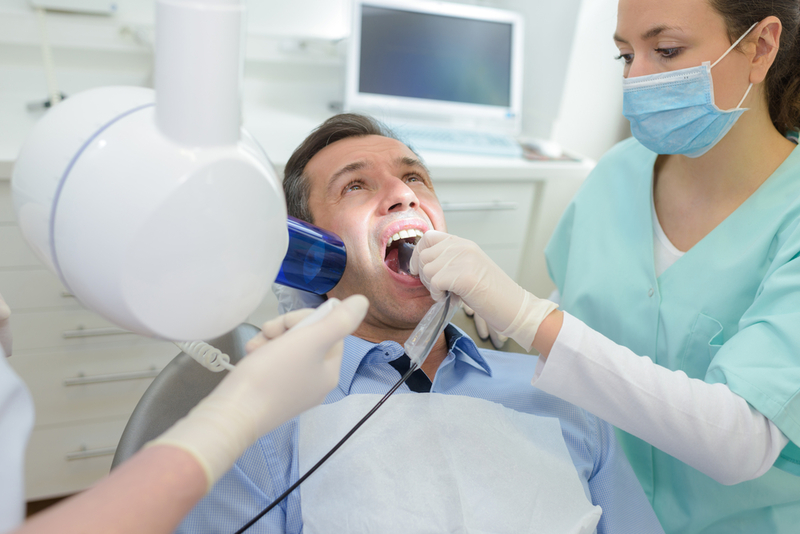Study provides evidence to support good oral hygiene
ANI Mar 04, 2020
Brushing, flossing and regular dental visits all conventional good oral hygiene practices now has new research evidence to support it.

Published in Scientific Reports, the study found a correlation between people who did not visit the dentist regularly and increased presence of a pathogen that causes periodontal disease. The oral microbiome - the sum total of microorganisms, including bacteria and fungi, that occupy the human mouth -- was the subject of a crowd-sourced, citizen science-driven study by Jessica Metcalf's research lab at CSU and Nicole Garneau's research team at the Denver Museum of Nature & Science.
For the experiments, carried out by Garneau's community science team in the Genetics of Taste Lab at the museum, a wide cross-section of museum visitors submitted to a cheek swab and answered simple questions about their demographics, lifestyles and health habits. Microbial DNA sequencing data analyzed by Metcalf's group revealed, broadly, that oral health habits affect the communities of bacteria in the mouth. "Our study also showed that crowdsourcing and using community scientists can be a really good way to get this type of data, without having to use large, case-controlled studies," said Zach Burcham, a postdoctoral researcher and the paper's lead author. Senior author Metcalf is an associate professor in the Department of Animal Sciences and a member of CSU's Microbiome Network.
Back in 2015, paper-co-author Garneau and her team trained volunteer citizen scientists to use large swabs to collect cheek cells from museum visitors, with their consent. The study also grouped people who flossed or didn't floss (almost everyone said they brushed, so that wasn't a useful data point). From the study, it was found that participants who flossed were found to have lower microbial diversity in their mouths than non-flossers. This is most likely due to the physical removal of bacteria that could be causing inflammation or disease.
Adults who had gone to a dentist in the last three months had lower overall microbial diversity in their mouths than those who hadn't gone in 12 months or longer and had less of the periodontal disease-causing oral pathogen, Treponema. This, again, was probably due to dental cleaning removing rarer bacterial taxa in the mouth. Youth tended to have had a dental visit more recently than adults.
Youth microbiomes differed among males and females, and by weight. Children considered obese according to their body mass indices had distinct microbiomes as compared to non-obese children. The obese children also tended to have higher levels of Treponema, the same pathogen found in adults who hadn't been to the dentist in more than a year. However, adult microbiomes varied more widely from person to person. The researchers think this is due to the environments and diets of adults being more wide-ranging than children.
They also saw that people who lived in the same household shared similar oral microbiomes. "When you look at families who live together, you find they share more of those rare taxa, the bacteria that aren't found as often in higher abundances," Burcham explained. It was a data point that underscored the relevance of one's built environment in relation to the microbial communities in our bodies.
-
Exclusive Write-ups & Webinars by KOLs
-
Daily Quiz by specialty
-
Paid Market Research Surveys
-
Case discussions, News & Journals' summaries